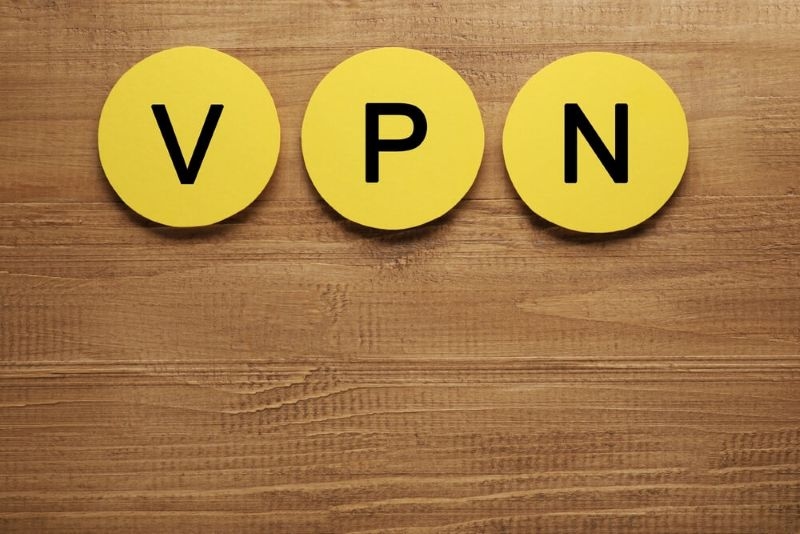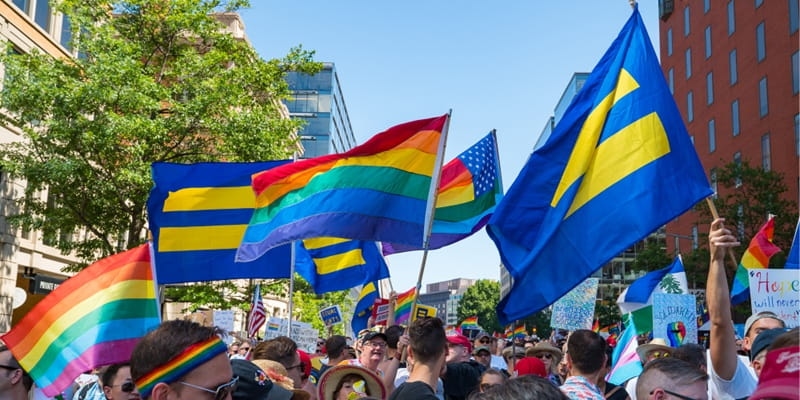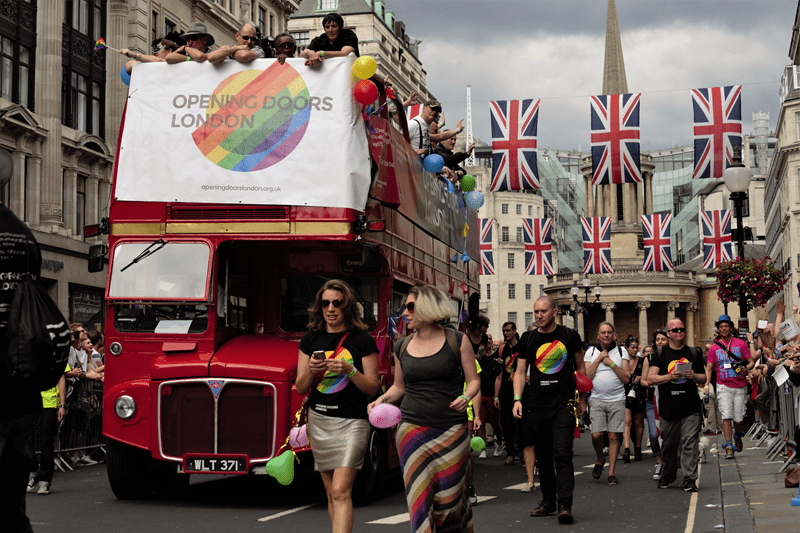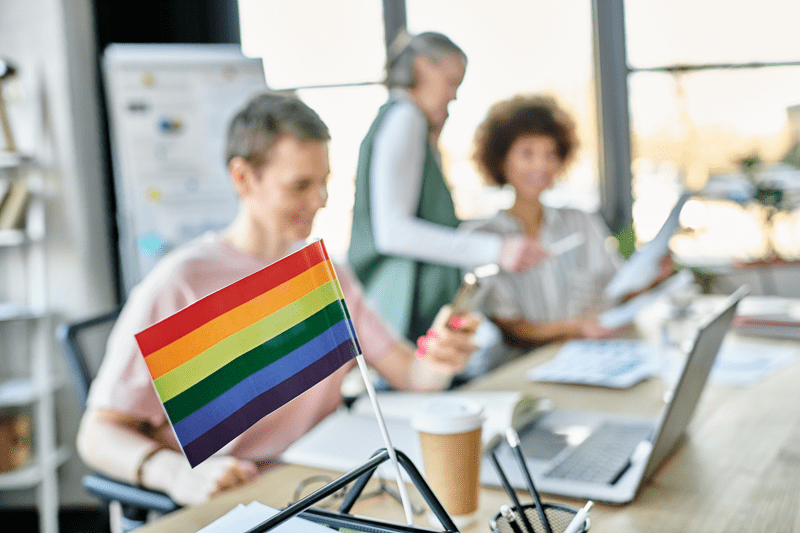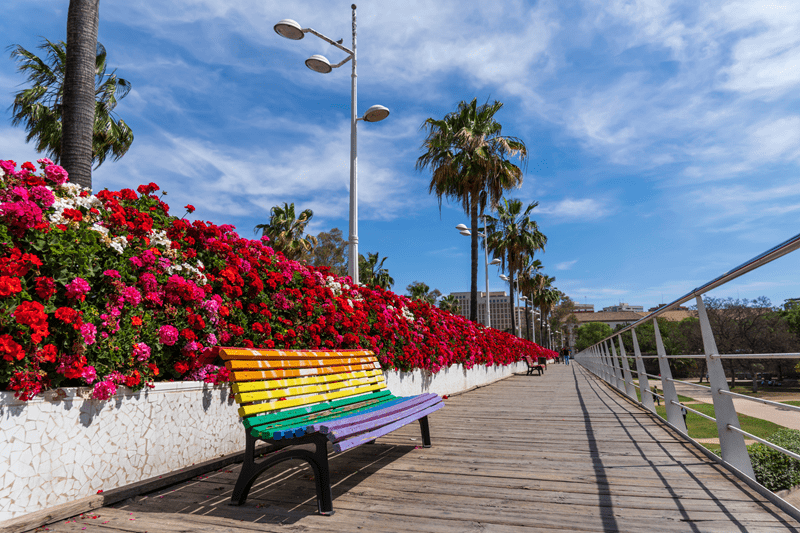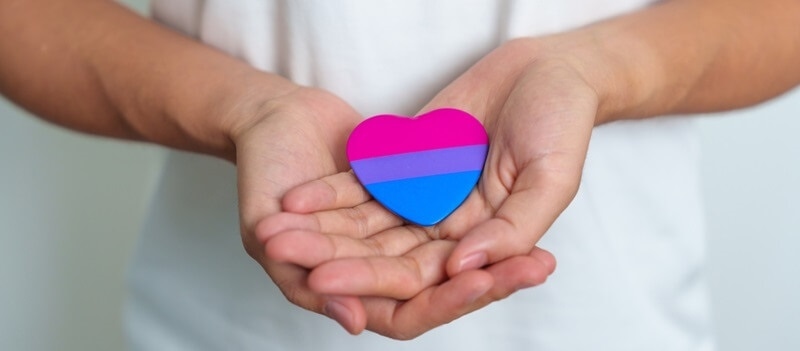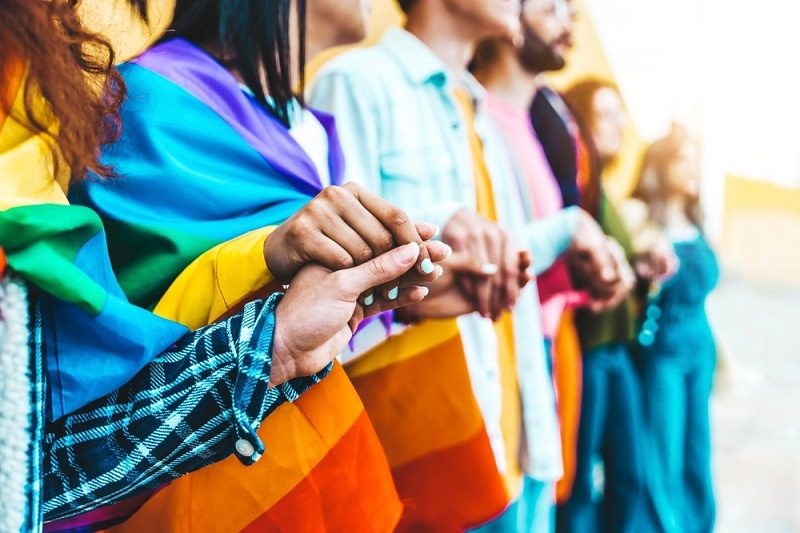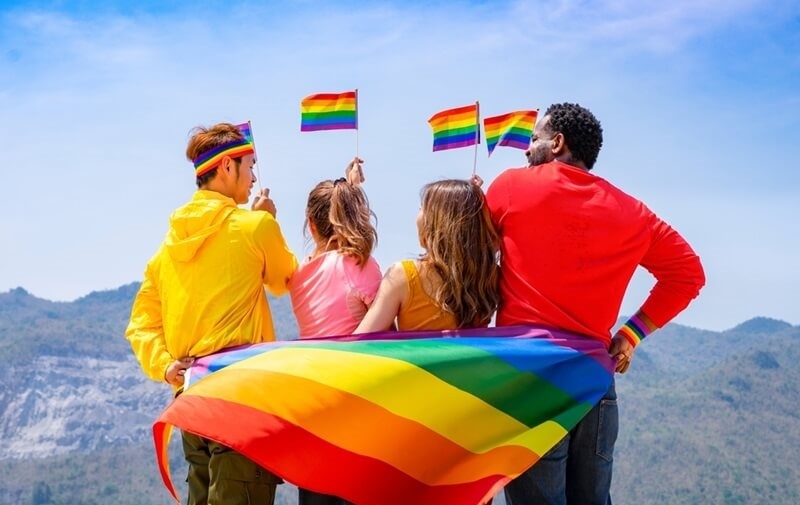Legalization of Gay Marriage: The Global Milestones

Hey everyone, let’s talk about something truly momentous: the journey towards legalizing gay marriage. It’s been a long road filled with hard-fought battles, but the strides we’ve made are nothing short of amazing.
Legal recognition of same-sex marriages isn’t just about the right to marry—it’s about equality, dignity, and the affirmation of love in all its forms. When we ask, when was gay marriage legalized, we’re not just talking about dates; we’re talking about moments in history where love triumphed over prejudice.
Trailblazers in Marriage Equality
The Netherlands: A Landmark Decision
Let’s kick things off with a shoutout to the Netherlands. In 2001, the Dutch became the first country to fully legalize same-sex marriage. This was a monumental moment, setting a precedent and giving hope to LGBTQ+ communities worldwide. Imagine being there when the world first saw that change was possible and love could indeed conquer all.
Belgium and Spain: Following in Bold Footsteps
Not far behind, Belgium and Spain picked up the torch and ran with it. Both countries legalized same-sex marriage in the early 2000s, continuing the wave of acceptance and progress that the Netherlands started. It’s inspiring to see how one bold move can spark a series of changes across borders.
Canada and South Africa: Breaking New Ground
Jumping across the pond, Canada and South Africa also made history. Canada legalized gay marriage in 2005, and South Africa followed suit in 2006, becoming the first country in Africa to do so. These milestones were crucial, showing that the fight for equality knew no geographical boundaries.
Spreading Love Across Continents

Europe’s Embrace of Equality
Europe really stepped up in the fight for marriage equality. Countries like France, Germany, and the United Kingdom joined the movement, each passing laws that allowed same-sex couples to marry. It wasn’t just about joining a trend; it was about recognizing and validating the love and rights of millions. As we celebrate these victories, let's also stay vigilant against challenges like online dating scams that can affect our community.
The Americas: A Unified Stand
In the Americas, Argentina and Brazil took significant steps by legalizing same-sex marriage, followed by the United States. The supreme court gay marriage decision in the U.S. in 2015 was a watershed moment, affirming that the right to marry is a fundamental right for all. Each country’s journey was unique, but they all shared the common goal of equality.
Also read: A Comprehensive Guide To Same-sex Marriage In The US
Asia and Oceania: Breaking Barriers
Over in Asia and Oceania, Taiwan and Australia made headlines. Taiwan became the first country in Asia to legalize same-sex marriage in 2019, a beacon of hope in a region where LGBTQ+ rights are often limited. Australia followed, showcasing a strong message of acceptance down under.
The Latest Milestones in Marriage Equality
The 2020s: A Decade of Progress
The fight for marriage equality continues strong into the 2020s. Countries like Greece, Estonia, and Cuba have recently joined the list of nations legalizing same-sex marriage. These milestones reflect a growing global trend of acceptance and the ongoing efforts to ensure that love and equality are celebrated everywhere.
Global Trends: A Brighter Future
As we look at when did gay marriage become legal in various countries, it’s clear that the trend is toward greater acceptance and recognition. Each victory, big or small, contributes to a future where love is free to thrive without barriers. The movement is gaining momentum, and with each passing year, we see more countries embracing the notion that love is love, and it deserves to be recognized and celebrated. To learn more about this journey and celebrate the milestones, check out some must-watch LGBTQ Series for Pride Month.
The Ripple Effect of Legalization
Let’s understand about the monumental impact that legalizing gay marriage has had on our society. When we talk about this topic, we're diving into something far deeper than just changing laws—it's about transforming lives and reshaping our culture.
Shifts in Society and Culture
First off, let’s talk about the social and cultural shifts we've seen since the legalization of gay marriage. When countries recognize same-sex marriages, it sends a powerful message: everyone deserves the same rights and respect, regardless of whom they love. This legal recognition helps break down long-standing prejudices and fosters a more inclusive society. People start seeing gay to gay marriage not as an anomaly, but as a beautiful, normal part of life.
For many LGBTQ+ individuals, this shift means finally feeling acknowledged and valued by their country. It means seeing themselves represented in the same light as their heterosexual peers. This sense of acceptance and visibility can significantly boost mental health and overall well-being, creating a more supportive and cohesive community.
Ongoing Challenges and Pushback
Of course, it hasn’t all been smooth sailing. In some regions, the legalization of gay marriage has met significant resistance. There are still places where societal norms and laws lag behind, and where same-sex couples face discrimination and hostility. This resistance often stems from deeply ingrained cultural, religious, and political beliefs.
Despite these challenges, the push for marriage equality continues. Activists and allies around the world are working tirelessly to advocate for change. They’re challenging the status quo and striving to create environments where love and equality are not just ideals, but realities. The journey is far from over, but each step forward, no matter how small, is a victory for human rights.
The Positive Ripple Effects
Now, let’s shift gears to talk about the incredibly positive outcomes that have emerged from the legalization of gay marriage. For starters, it’s brought about tangible benefits for the LGBTQ+ community. Legal recognition means same-sex couples can enjoy the same legal rights and protections as heterosexual couples—think tax benefits, inheritance rights, and hospital visitation rights, to name a few.
Moreover, this progress benefits society as a whole. When we create a culture of inclusion and equality, everyone thrives. Diverse perspectives and experiences enrich our communities, leading to greater empathy and understanding. Studies have even shown that societies that embrace equality tend to be happier and more prosperous.
Marriage Equality is an Ongoing Journey
So, where do we stand now in this ongoing journey towards marriage equality? We've made incredible strides, but there’s still work to be done. The progress we’ve achieved so far is nothing short of inspiring. Countries worldwide are recognizing the importance of inclusivity and acceptance, and each new milestone brings us closer to a world where love knows no boundaries.
Key Takeaway
The journey to legalize gay marriage has been a profound global movement. It has brought about significant social and cultural changes, faced and overcome numerous challenges, and resulted in overwhelmingly positive outcomes.
While the fight for full equality and recognition continues, the progress made so far marks a pivotal shift towards a more inclusive and accepting world. Let's keep pushing forward, advocating for love, and celebrating each victory along the way. Because at the end of the day, love truly is love, and it deserves to be recognized and honored in every corner of the globe.
This content was created by AI






